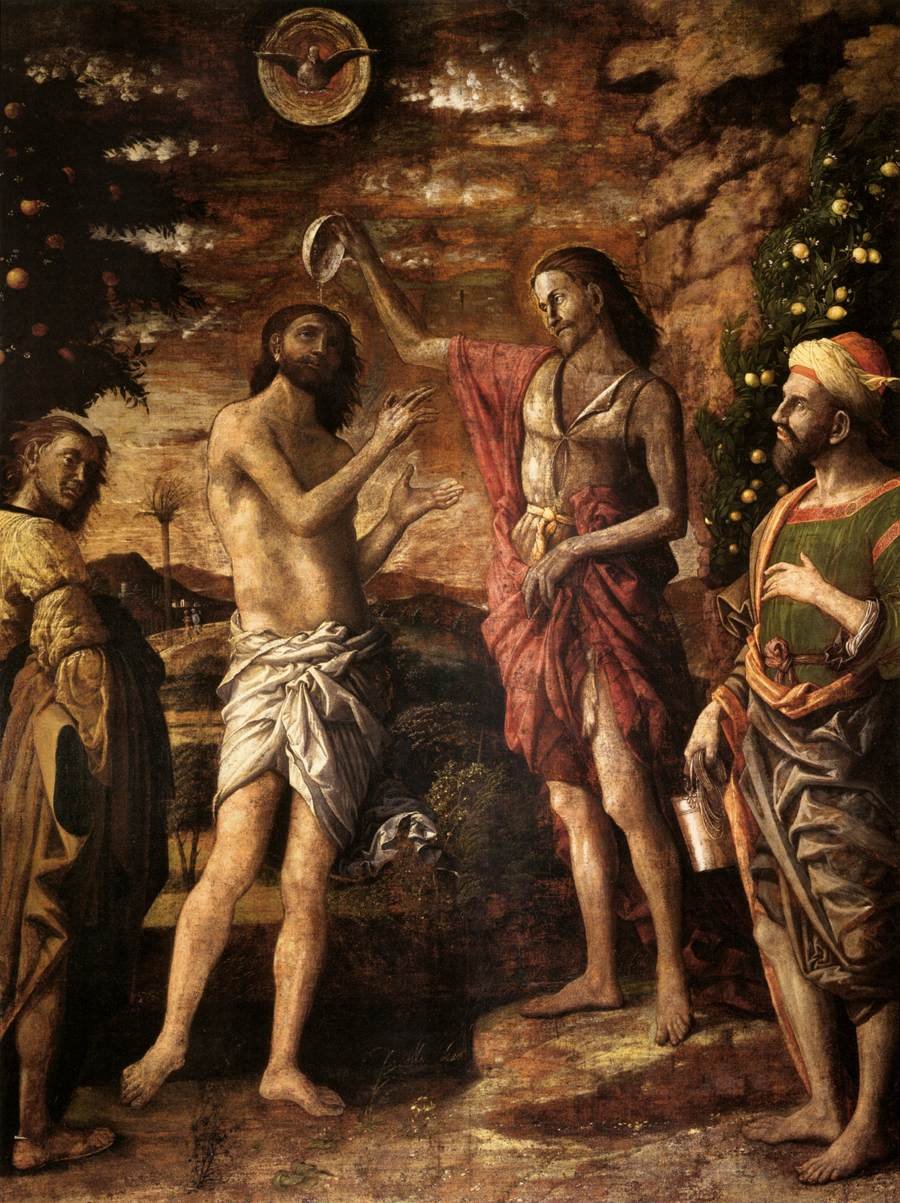John the Baptist, knowing that Jesus has no sin to cleanse and thus no need for baptism, is understandably reluctant to baptize Our Lord. Jesus nevertheless insists, as He desires to identify with sinners and align himself with God’s plan.
Read MoreOn this great solemnity, we honour Christ as our King and Ruler of our hearts, to whom we owe allegiance, fidelity, and love. For in Him “we have redemption, the forgiveness of sins.” What a tremendous gift this is – to be made whole again and reconciled with God through the “blood of His cross.”
Read MoreLeprosy was regarded with particular dread and abhorrence, not merely because of its hideous character and the risk of contagion, but also because it was looked on as a special chastisement inflicted by God on the leper for certain sins.
Read More


